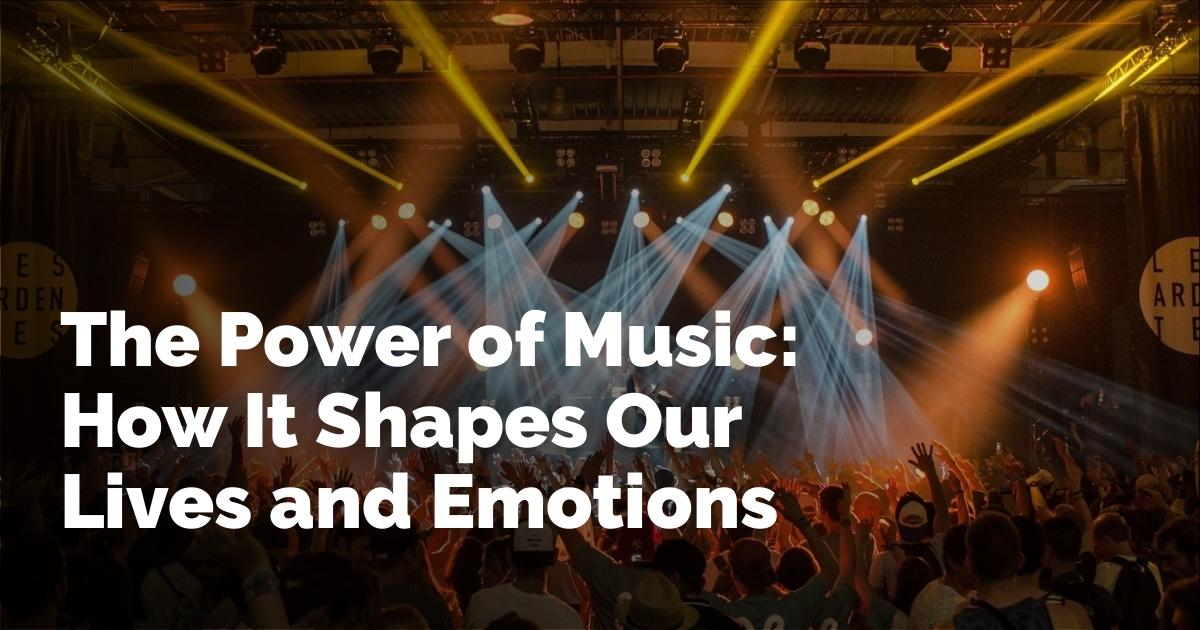Musical Appreciation: Understanding Its Significance Across Cultures
The universality of music is a phenomenon observed in every human culture across the globe. Music not only adds an artistic dimension to human life but also seems to fulfill various roles that impact us on both personal and social levels. The question of why music is so universally valued is not entirely settled, and various theories have been proposed to explain the origin and function of music in human evolution. Let's delve into six key aspects that elucidate our deep appreciation of music.
Charming the Opposite Sex: Darwin's Speculation
One of the longstanding debates surrounding the origin of music is its role in human courtship. Charles Darwin was one of the first to suggest that music might have evolved as a way for early humans to attract potential mates. The idea is akin to the way male songbirds use their songs during mating seasons. This notion posits that music could enhance reproductive success by showcasing certain desirable traits. Supporting this theory, studies have shown that women at peak fertility tend to prefer men capable of creating more complex music as potential partners. Nonetheless, while this perspective offers some insights, it is now understood that music's evolutionary origins encompass much more than just courtship.
The Innate Music Instinct
Humans appear to have an innate inclination towards music. From birth, we are equipped to understand and process musical elements, even before we fully acquire language. This instinct is evident in the early interactions between infants and their mothers, characterized by musical forms of communication. Singing, a nearly universal practice across cultures, illustrates this innate musicality. While dancing also marks a distinctly human trait, it is worth recognizing that some individuals are naturally tone-deaf or indifferent to music and may not be compelled to dance, indicating variability in musical instinct.
Music as a Language of Emotion
Music is often regarded as a universal language capable of expressing emotions beyond words. The American poet Henry Wadsworth Longfellow elegantly captured this idea by stating, "Music is the universal language of mankind." Music has the unique ability to convey emotions that might be difficult to articulate through speech. The emotional language of music mirrors the way emotions are expressed verbally. For instance, somber and poignant emotions are often evoked through slower tempos, while energetic and intense emotions can be reflected through quicker rhythms.
Music as a Source of Pleasure
The enjoyment derived from music is a universal human experience, capable of brightening our moods much like other pleasurable activities such as eating or physical intimacy. Despite music's lack of direct biological significance, it stimulates the release of dopamine, a neurotransmitter often associated with feelings of pleasure and happiness. This natural response positions music as a potent agent for mood regulation and emotional therapy. Whether uplifting or calming, music holds the power to transform our internal states.
Strengthening Social Interactions through Music
One of the pivotal roles of music lies in its ability to enhance social bonds and community cohesion. Activities like choral singing and music-making foster unity by bringing individuals together through shared rhythms and melodies. These communal experiences create larger social networks, offering safe spaces for people to connect and share without exposing personal vulnerabilities. Participating in group musical activities not only boosts happiness but cultivates a sense of belonging and togetherness.
The Aesthetic Appreciation of Music
Finally, music is appreciated for its aesthetic value. Unlike practical pursuits that serve functional purposes, aesthetic pleasures, such as those derived from music, are sought purely for the joy and satisfaction they offer. It is this appreciation of beauty for its own sake that elevates music to a cherished art form. Appreciating music doesn't center on survival but instead taps into the emotional and intellectual satisfaction it provides. Songs and musical compositions are valued not just for their aesthetic attributes but for the emotional resonance they create.
In conclusion, music plays a multifaceted role in human life, contributing to emotional expression, social cohesion, aesthetic pleasure, and even courtship. The universality of music suggests a deep-rooted significance in our biology and culture. As children benefit immensely from music education, it is evident how ingrained music is in human development. Even those with cognitive challenges or advanced age find music to be a means of communication and pleasure, demonstrating its timeless and enduring appeal. Music, in many ways, remains a crucial element of what makes us human.
출처 : Original Source

